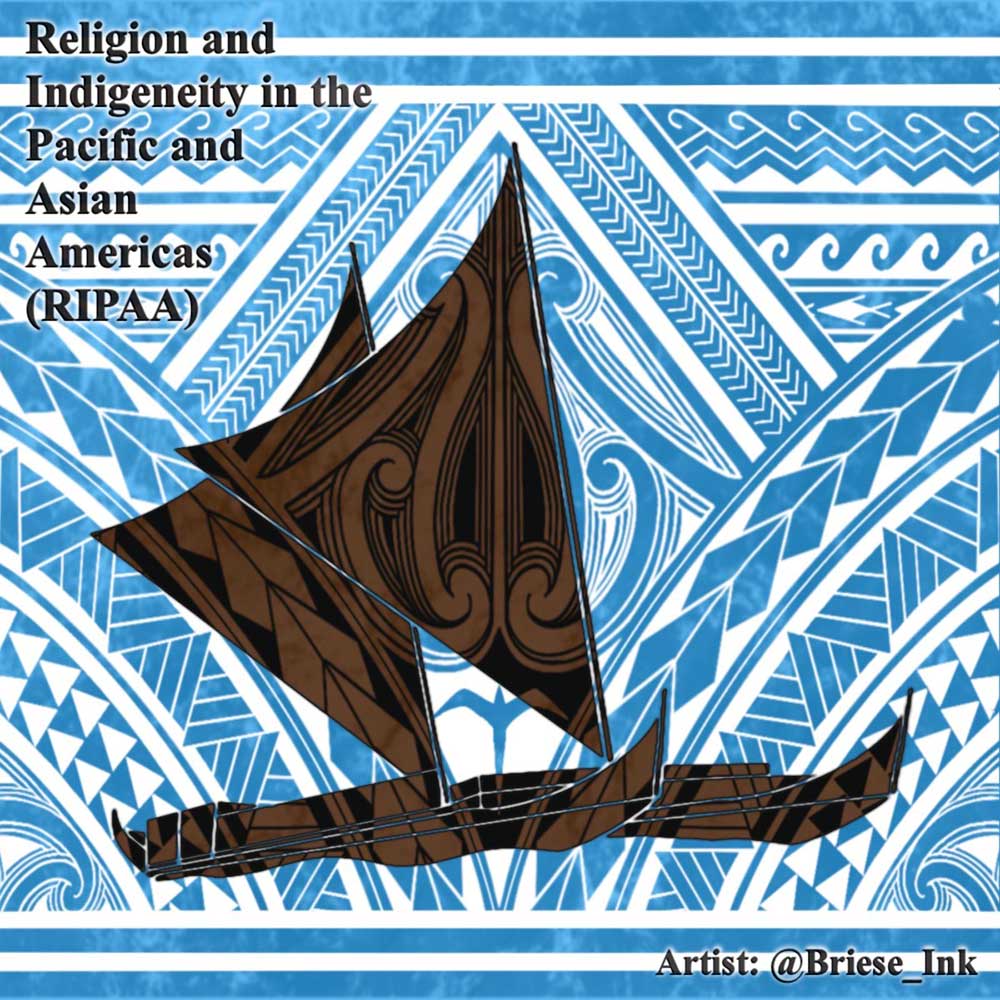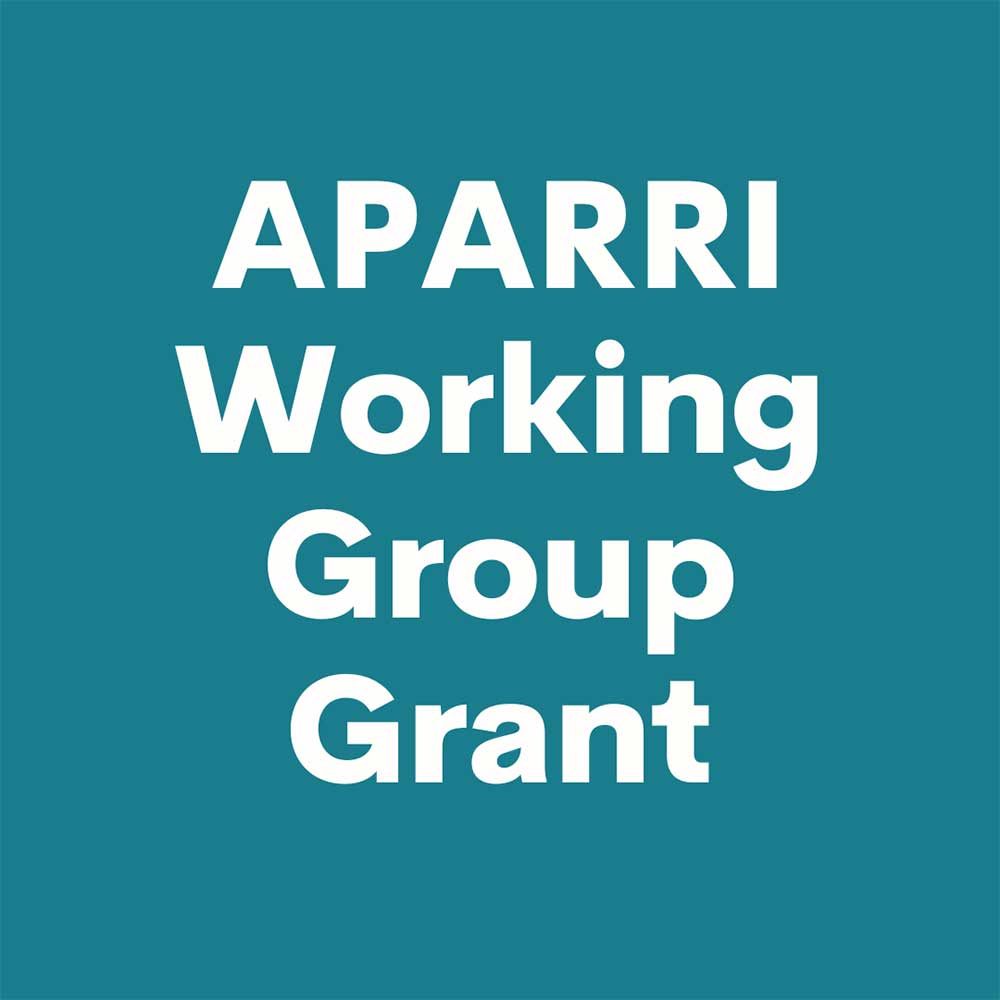Mapping & Exploring Indigeneity in Asian-Pacific Islander-American Religions
Melissa Borja | Associate Professor, American Culture | University of Michigan
Nathan Samayo | Graduate Student, Religion and Society | Princeton Theological Seminary
Quincy Yangh | Graduate Student | Yale School of the Environment
Kai Ngu | Graduate Student, Anthropology and History | University of Michigan
Dakota A. Limón | Graduate Student, Ecology, Spirituality, and Religion | California Institute of Integral Studies
What is “Indigeneity” in Asian and Pacific Islander (API) American communities? Our working group project seeks to map the existing literature on Indigenous API religiosity across the American landscape to expand the field of AAPI Religious Studies. The literature we read will focus on ecology, nationalism, and health which will illuminate how Asian- Pacific Islander- American communities navigate and organize themselves around different social and environmental conditions, structural oppressions, and political commitments. Through hosting guided book readings, group discussions, and author dialogues on Zoom, participants will join us in discussing existing literature on Indigenous API religions and create academic resources to be shared with relevant academic organizations and public scholarship platforms. We will also present our findings at the 2025 AAAS Conference and 2025 APARRI conference. We will increase awareness of existing literature on Indigenous API religiosity and encourage research and mobilization for the decolonization of API communities.
Keywords: Decolonialism, Ecology, Health, Indigeneity, Nationalism

Religion and Indigeneity in the Pacific and Asian Americas (RIPAA)
Melissa Borja | Associate Professor, American Culture | University of Michigan
Nathan Samayo | Graduate Student, Religion and Society | Princeton Theological Seminary
Quincy Yangh | Graduate Student | Yale School of the Environment
Kai Ngu | Graduate Student, Anthropology and History | University of Michigan
What is “Indigeneity” in Asian and Pacific Islander (API) American communities? Our working group project seeks to map the existing literature on Indigenous API religiosity across the American landscape to expand the field of AAPI Religious Studies. The literature we read will focus on ecology, nationalism, and health which will illuminate how Asian- Pacific Islander- American communities navigate and organize themselves around different social and environmental conditions, structural oppressions, and political commitments. Through hosting guided book readings, group discussions, and author dialogues on Zoom, participants will join us in discussing existing literature on Indigenous API religions and create academic resources to be shared with relevant academic organizations and public scholarship platforms. We will also present our findings at the 2025 AAAS Conference and 2025 APARRI conference. We will increase awareness of existing literature on Indigenous API religiosity and encourage research and mobilization for the decolonization of API communities.
Keywords: Decolonialism, Ecology, Health, Indigeneity, Nationalism

Walking a Fine Line: Being a Hindu American Woman Against the Grain of Hindu Nationalism
Anjana Narayan | Professor and Chair, Sociology | California State Polytechnic University Pomona
Bandana Purkayastha | Professor, Sociology & Asian and Asian American Studies | University of Connecticut
Rianka Roy | Graduate Student, Sociology | University of Connecticut
This project seeks to document the voices silenced by strident authoritarian mainstream and community groups within the US. We will use a decolonial approach for documenting living Hinduism as racialized minority women or non-binary people, people from marginalized caste, and those in interfaith and intercaste intimate partnerships. We will interview selected people and prepare podcasts and public-facing writing with the collaborators/co-participants.
Keywords: Caste, Decolonialism, Gender, Hinduism, Interfaith
